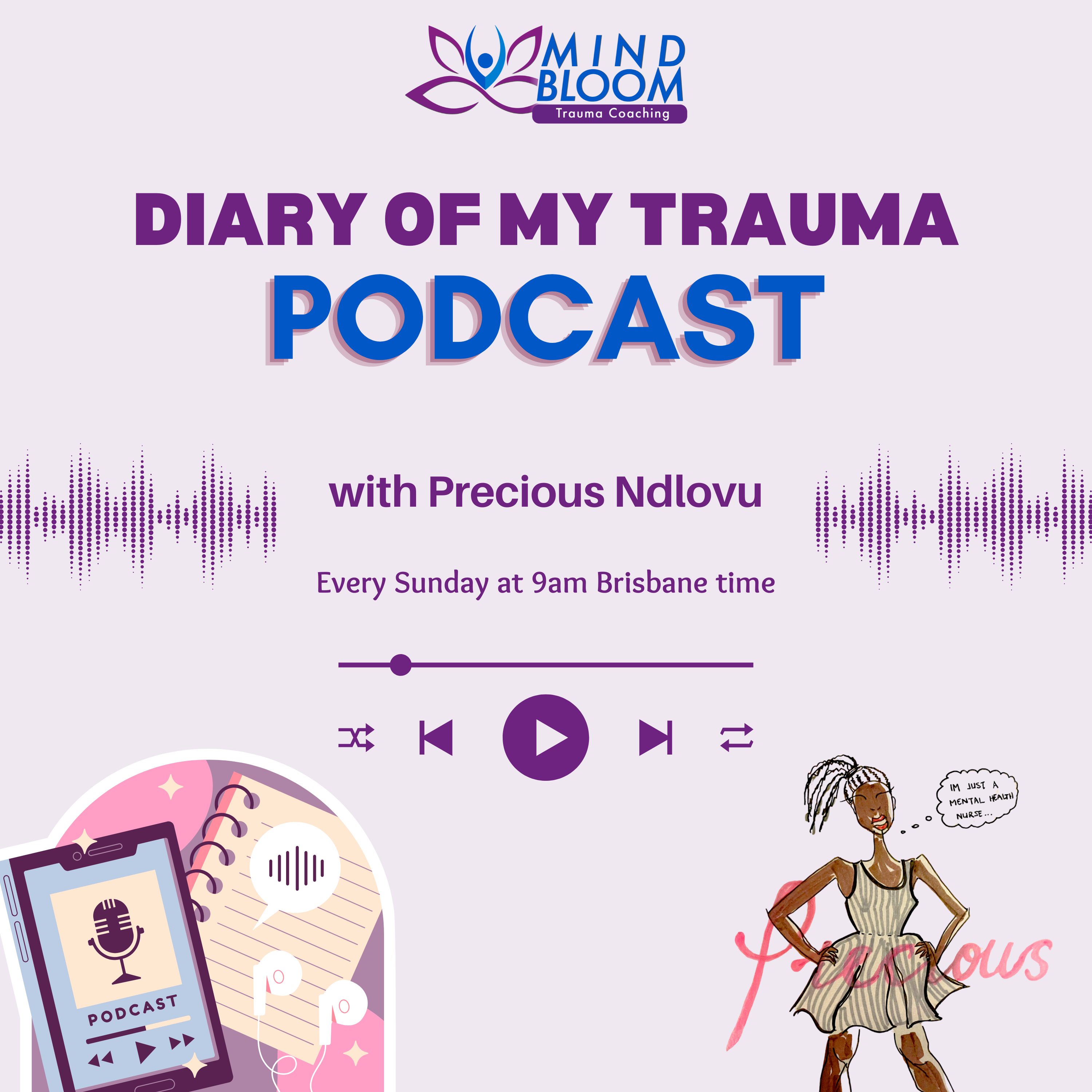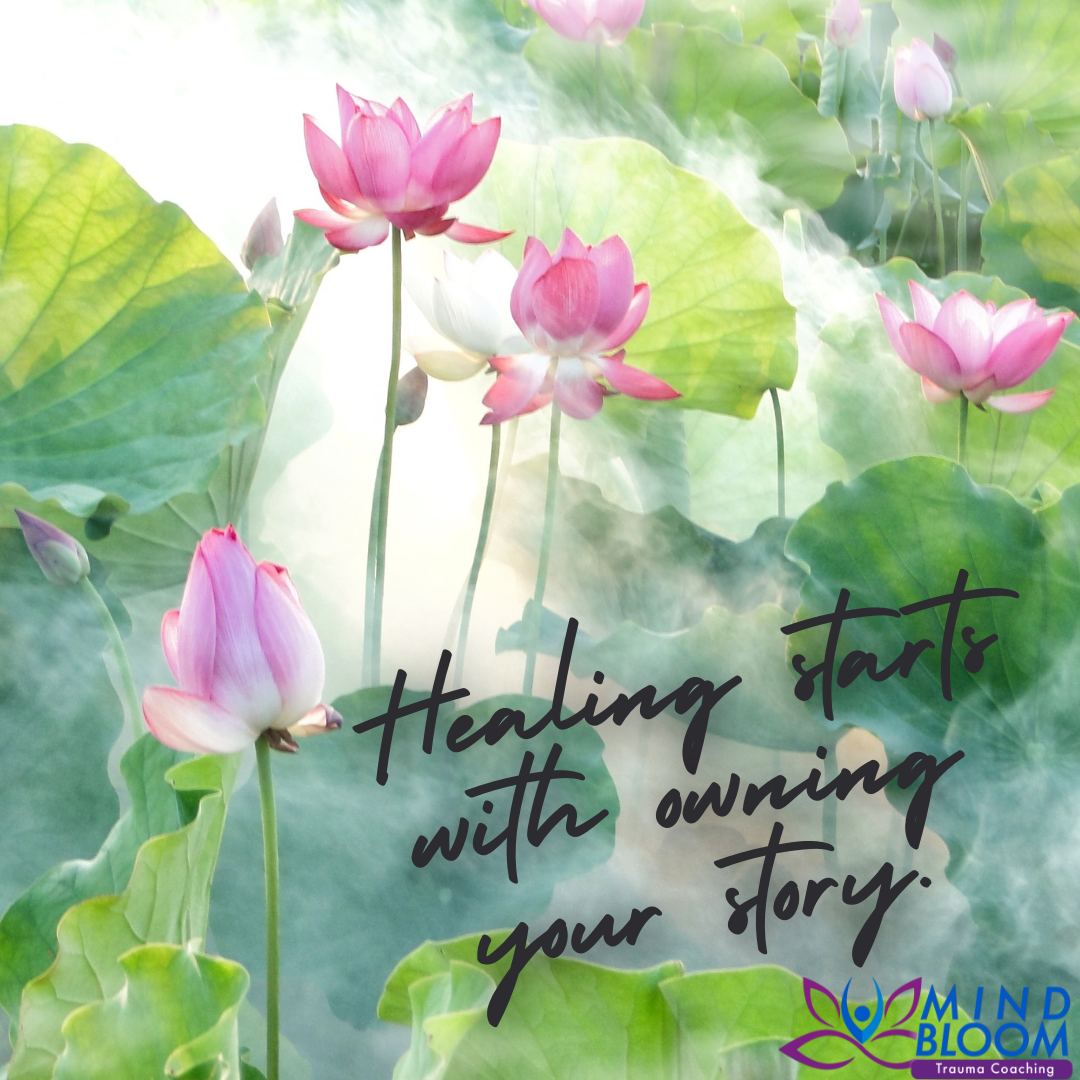Healing starts with owning your story—embracing every high and low that makes up your journey. At Mindbloom Trauma Coaching, we see your story as a source of strength, not shame. Here’s how to embrace it:
What Does Owning Your Story Mean?
Owning your story is about acknowledging your experiences and how they’ve shaped you, without letting them define you. It’s about using past lessons to move forward with purpose.
How to Start Owning Your Story
1. Practise Self-Acceptance
Accept your flaws and challenges without judgement. They’ve shaped your resilience. Try daily affirmations like, “I accept myself as I am.”
2. Write It Out
Journaling helps explore feelings and gain clarity. Reflect on pivotal moments and what they taught you.
3. Share with Someone You Trust
Talking to a friend, family member, or support group can be validating and healing. Start small with what feels comfortable.
4. Seek Professional Support
A therapist or coach can guide you through emotional wounds and help reframe your narrative.
5. Reframe Challenges
View setbacks as growth opportunities. Ask, “What did this teach me?”
6. Embrace Imperfection
Your story doesn’t need to be perfect—authenticity is what connects us.
7. Celebrate Small Wins
Owning your story is ongoing. Acknowledge even the smallest steps forward.
Owning your story is about courage and self-discovery. It’s not about erasing difficulties but embracing them as part of your unique journey. Celebrate your growth and own your story with pride.




